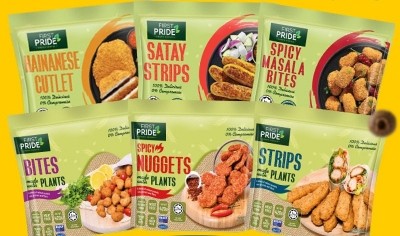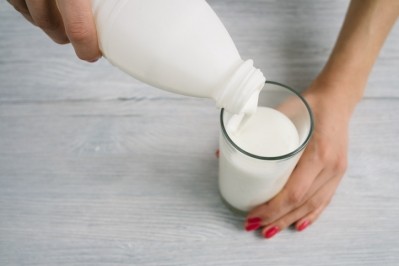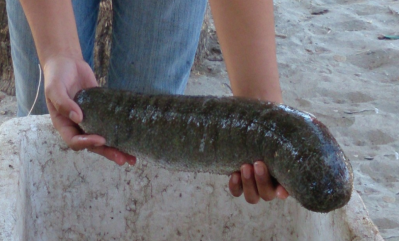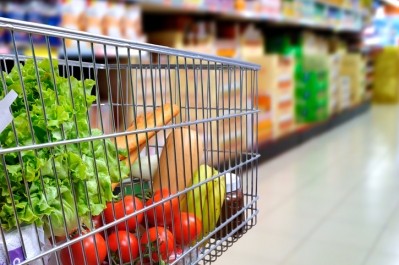‘Tetra Pak’ for meats: Hong Kong’s IXON on shipping fresh meat from US to Asia without the need for cold chain
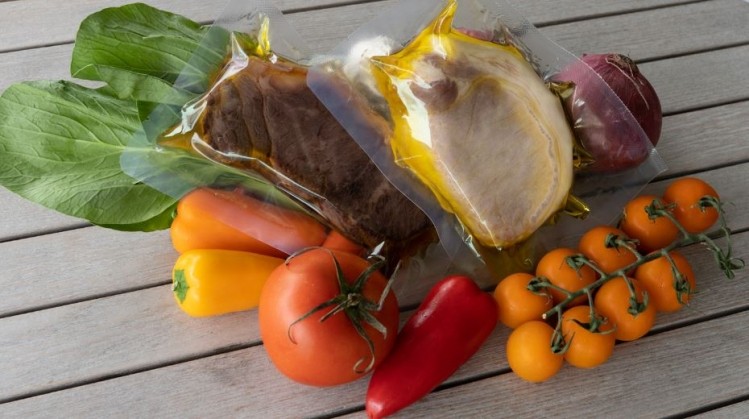
Over the last two years, IXON has worked with more than 25 companies worldwide, including Italian chicken processor Amadori, US meat processors Cargill and Tyson Foods, seafood producer Thai Union, hygiene solution provider Ecolab as well as packaging firm Sealed Air.
Founder, Felix Cheung described IXON as the ‘Tetra Pak’ for solid foods. “We are sort of like Tetra Pak who does aseptic packaging for beverages and milks, but instead, we are doing solid foods, so proteins like meat, fish, seafood.” The ASAP technology also applies to fruits and vegetables.
Now, IXON expects to start building a pilot plant in US by the end of this year, which will serve as a showroom for its B2B customers, but at the same time become future production line for exports.
“Instead of just using this pilot plant as a showroom to showcase customers what our technology can do, we are using this as a production line to package meat and sell to Asia,” Cheung told FoodNavigator-Asia.
The plan is to work directly with meat or seafood processors in the US, package these proteins at the plant, and ship to Asia. Potential products will include sirloin steak, pork chop, chicken breast, chicken thighs, chicken wings, salmon and tuna.
IXON hopes its technology can help the food industry reduce costs and save energy while increasing production efficiency.
World is at steak
The firm chose to work on animal protein because Asia is one of the largest meat consuming regions in the world.
According to Cheung, the global average consumption of meat is around 45kg annually. In China, South Korea and Japan, the average consumption is 90kg, while in Hong Kong, it is 140kg.
However, such meats are typically more expensive in Asia, costing twice or triple the price for the same steak in US.
Cheung explained it was more costly because of the need for cold chain when shipping meat from US to Asia.
In addition, there were many middlemen involved in the supply chain from retailer to distributor, who will also take a profit.
Lastly, retailers tend to factor in food loss into their products which are then transfer to the consumers. About 30% of foods in the world is wasted before it reaches consumers.
Because products prepared with the ASAP technology can be shipped at room temperature, it eliminates the need for cold chain, and also gives lower income countries greater access to affordable meat products.
“This is going to change the whole ecosystem, because we can package the meats and sell at a cheaper price to the Asian consumers.”
ASAP technology
The ASAP technology was developed by Cheung and co-founder Elton Ho, who met when they were both studying their master's degree in food analysis and food safety management at the Hong Kong Baptist University.
ASAP is a combination of a sterilisation and packaging solution.
It sterilises food at a gentle 60 to 80 °C to kill any microbes, before aseptically packaging the food with extra virgin olive oil.
This process gives products a shelf life of two years at room temperature.
Typically, long shelf life meats are made with canned or retort processes which used high heat (around 120°C), which affects flavour and texture.
The ASAP process allows meat to remain juicy, tender, and medium-rare without the addition of any harsh processes, artificial flavours, preservatives or chemicals.
It is also a more energy-efficient food preservation method compared to canning or freezing. ASAP uses 30% less energy than canning and 80% less energy than freezing (assuming 12 months of storage).
Meats prepared with ASAP is partially cooked, which means consumers can choose to eat it cold cut in sandwiches, or can be further cooked in meals like fried rice.
“ASAP enables the manufacture of ready-to-eat meals with taste, texture and nutrition rivalling those of traditionally cooked meals, if not a five-star restaurant dinner.”
Hong Kong pilot plant
Currently, IXON has a pilot factory located in Fotan, Hong Kong, equipped with clean rooms, clean benches, and digital water baths to ensure food hygiene and quality. The pilot factory was possible with US$3 million in seed funding the firm received.
Last year, the firm started a Kickstarter campaign, making beef sirloin and pork chops using its ASAP technology.
It raised more than HK$330,000 (US$42,500) at the end of November. The majority of its supporters come from Hong Kong (75%), United States (15%), Canada (4%), Australia (2%), China (2%), Germany, Ireland, Singapore, Sweden, Thailand and United Kingdom.
The first products were shipped out in February this year.
Future plans
IXON has applied for patents and trademarks on its proprietary technology in the US, Europe, and China.
The firm was also shortlisted for the Future Food Asia awards, as well as the Thought For Food challenge.
In addition, the firm has applied for the Deep Space Food Challenge programme organised by NASA.
Cheung said: “Currently, astronauts only have dry or retort foods which is fine for a few months of consumption, but not years. So, we think our solution would be ideal for astronauts on long-haul missions, where they can enjoy a roast chicken on board.”
Future Food Asia will hold a conference this week (June 7 to 11) which will see FoodNavigator-Asia’s editor-in-chief Gary Scattergood host a session on the topic of ‘Health Through Nutrition’.
